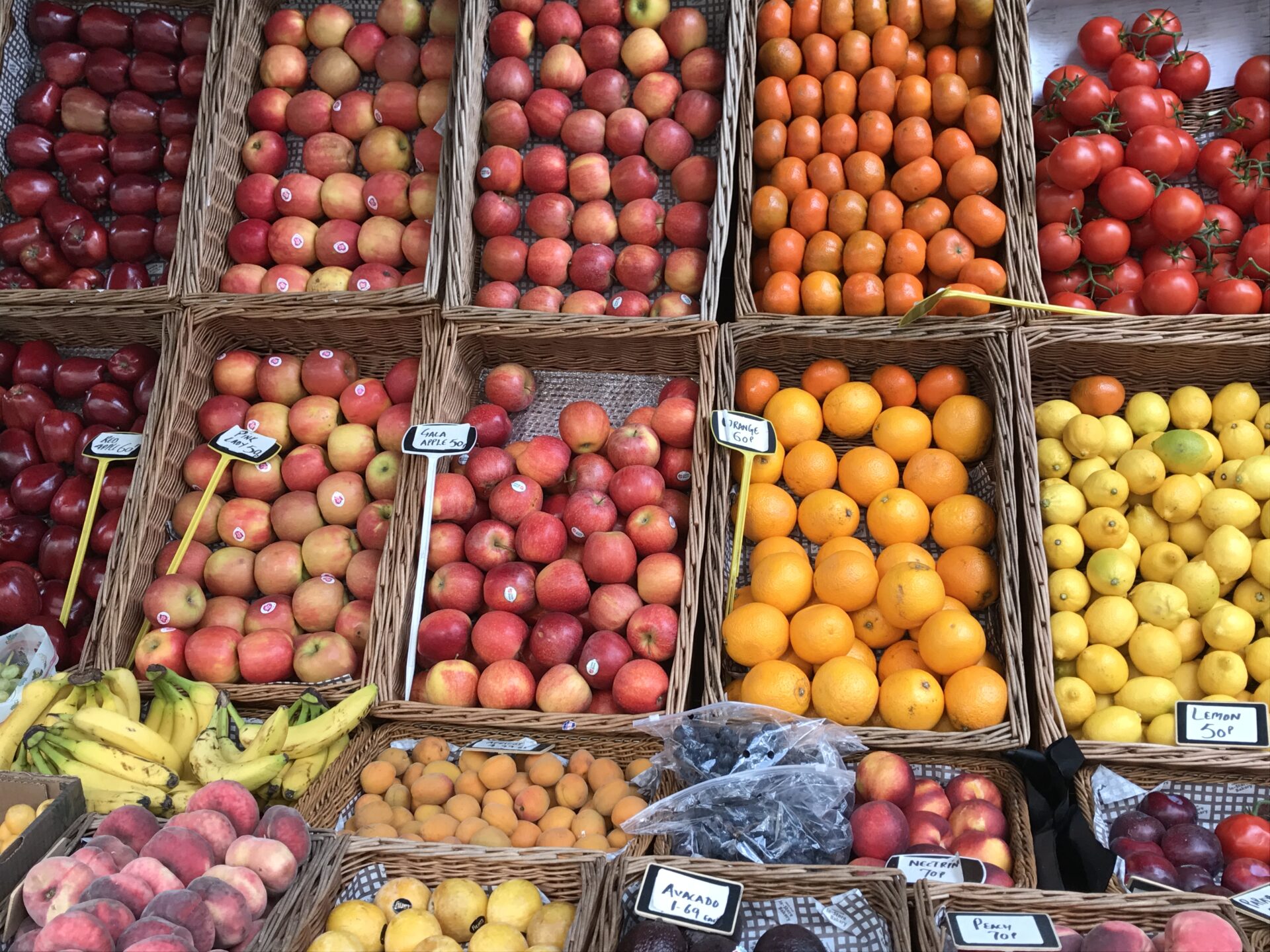Also Listen on:
Last Sunday was called ‘Laetare Sunday’ and, in the midpoint of Lent, had a distinctly upbeat tone. The liturgy gave a view of the season’s outcome in the celebration of Easter. In these reflections I have been trying to show that the opportunity of taking Lent seriously goes way beyond giving up a few treats or indulgences. In the same way Ramadan is more than fasting during the day and eating too much after sundown. Lent really shapes time for us to understand the process of human metanoia which is continuous from conception to expiration. Benedict says that the life of the monk – that is whoever ‘truly seeks God’ – is a continuous Lent.
Benedict was nothing if not aware of human fragility and lack of mindfulness. So, he says, ‘Since few have the strength for this, we urge the entire community during these days of Lent to keep its manner of life most pure and to wash away in this holy season the negligences of other times. This we can do … by devoting ourselves to prayer with tears, to reading, to compunction of heart and self-denial. During these days, therefore, we will add to the usual measure of our service by way of private prayer and abstinence from food or drink … so with the joy of the Holy Spirit (1 Thess 1:6, let each one deny himself some food, drink, sleep, needless talking and idle jesting, and look forward to holy Easter with joy and spiritual longing. (Chapter 49).
At any mid-point it’s a good practice to look backwards and forwards. This helps us re-converge in the now, to be more conscious of the present and sink deeper into the freedom from time it offers. For living with an ever deepening and expanding consciousness, there are no fixed formulas, like a course of antibiotics or buying a ticket and letting the train do the rest, that require we only do them to the letter for us to be saved.
At Bonnevaux we have been holding the first residential week for the new WCCM Academy. Nearly all of the first cohort of 35 students have been here with members of the Faculty also here in person or online. Soon we will start the online classes and meetings with tutors that will unfold in the two-year programme aimed at supporting ‘contemplative living’, in whatever lifestyle or stage of life the students may be. It has been an exceptionally joyful week with an almost instantaneous meeting of minds and hearts in friendship and the discovery of deep commonality. It was well-organised but the spirit of Bonnevaux was also powerfully at work. It wasn’t hard to have a happy Laetare Sunday.
The day before we visited the oldest monastery in Europe, our friends at Ligugé, a short distance from Bonnevaux. The Abbot, Dom Christophe, spent the afternoon with us, showing us the foundations of the 1st century Roman villa on which the 4th century monastery was built and, with great good humour and charm, shattering the pious illusions about monasticism to which those who live outside are prone. He also gave us new insights into the prayer of lectio, spiritual reading, the partner to meditation. We returned to our home in the good valley with proof: that we share the human journey with everyone despite our differences of calling or culture or age; that we always have more to learn from and to teach to each other; and that when we can say ‘it’s good to be home’, we are beginning to see that we are at home everywhere in the vastness of the universe; and that Lent isn’t such a hard thing.





